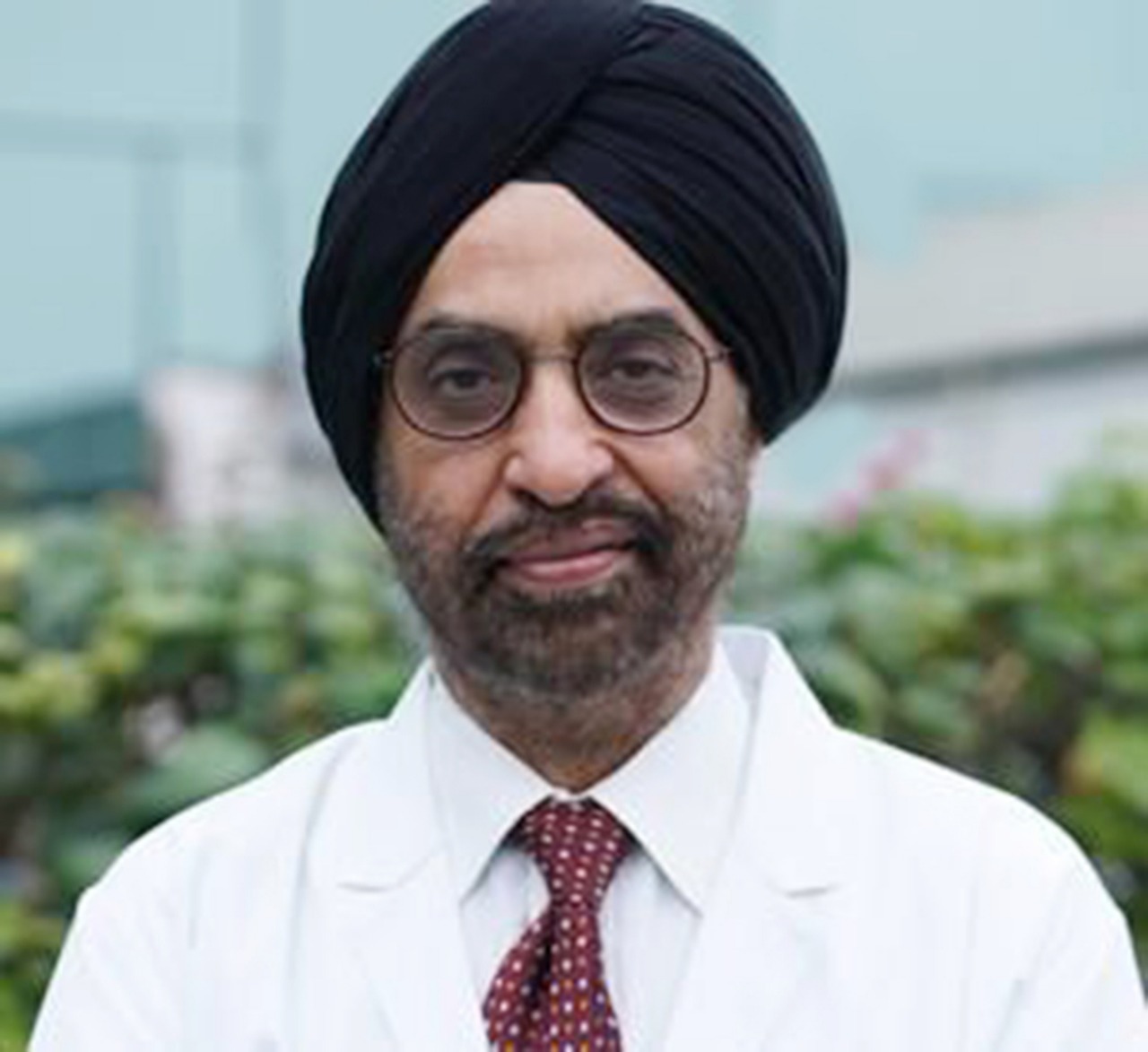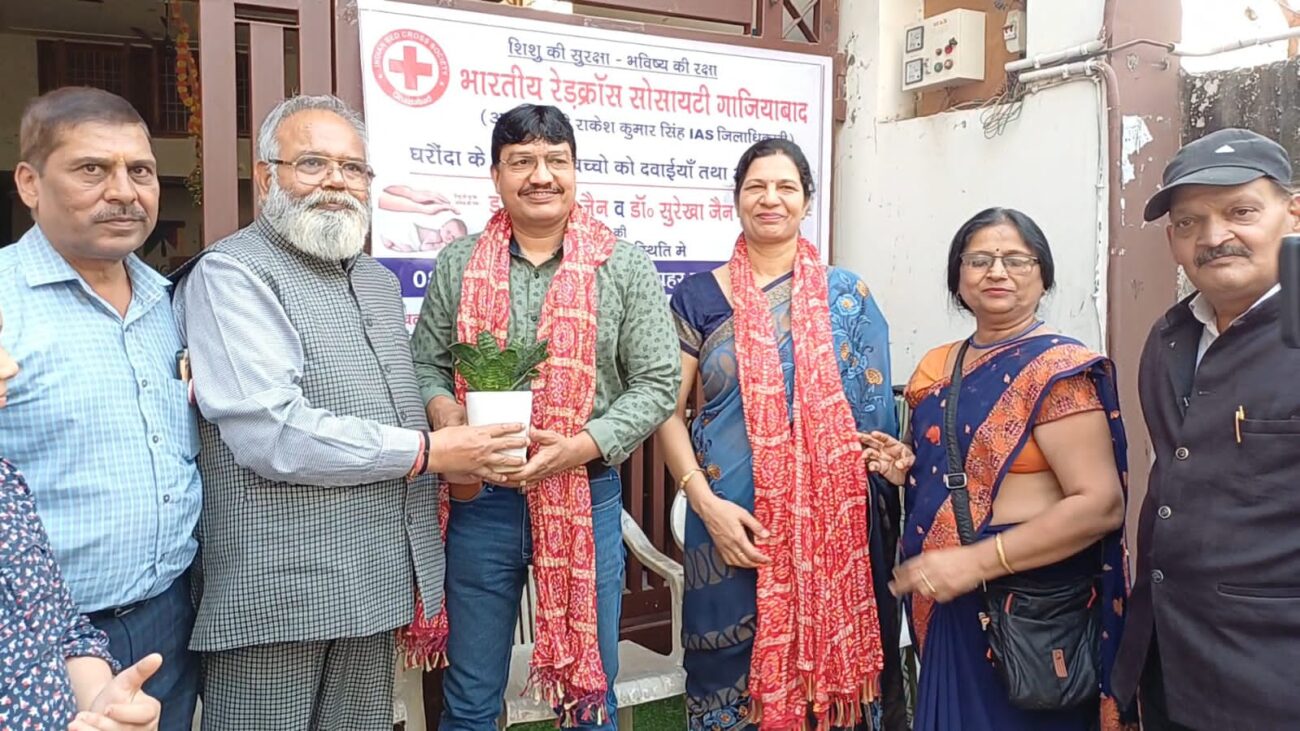First-of-its-kind cryoablation procedure carried out in India at Max Hospital on a patient with abnormal heart beats
There is a need to raise awareness about the availability of this treatment in the country and its favourable health outcomes A first-of-its-kind therapy in India, a cryoablation procedure using specialized balloon catheter systems was

There is a need to raise awareness about the availability of this treatment in the country and its favourable health outcomes
A first-of-its-kind therapy in India, a cryoablation procedure using specialized balloon catheter systems was recently done on a patient with atrial fibrillation by Dr Balbir Singh and his team at Max Hospital Saket. The procedure was done using cold energy to create tiny scars in the heart to block irregular electrical signals and restore a regular heartbeat. Cryoablation was chosen over as a safe, effective, and efficient treatment option since it could be completed in record time leading to least possible exposure to radiation for the patient. There is a need to raise awareness on the availability of this therapy in India.
According to statistics, more than 59.7 million individuals worldwide have atrial fibrillation.[1]More than 60% of the patients experience arrhythmia related symptoms[2]while more than 31% must be hospitalized more than once in a year. Atrial fibrillation is an irregular heart rhythm that affects the upper chambers (atria) of the heart. This arrhythmia prevents blood from being pumped efficiently to the rest of the body.[3] The condition increases the chances of a stroke, heart failure, and sudden death.
A case in point is that of a patient who presented with palpitations and fatigue despite being on multiple medications.
The underlying heart rhythm was regular which is typical of any patient unsuccessfully managed with one or multiple drugs leading to a medical condition called drug resistant paroxysmal atrial fibrillation. However, his diagnosis was paroxysmal Atrial Fibrillation, and the patient was willing to get this treatment as his quality of life was compromised and he wanted an improvement in the same. Cryoablation, a proven modality was clearly the treatment of choice. This is because it could be performed within a significantly shorter duration (as opposed to Radio frequency ablation) with safer protocols and equally efficient outcomes.
Speaking about this, Dr Balbir Singh, Chairman, Cardiology at Max Hospital Saket, New Delhi, said, “Whether your symptoms are mild or severe, atrial fibrillation can be a serious medical condition that should be treated. It may impact your quality of life, energy level, and physical activity. If left untreated, atrial fibrillation may increase the risk of heart failure, stroke, and death. Some symptoms to watch out for include irregular heartbeat which is rapid and fluttering in nature; fatigue, shortness of breath and weakness; chest discomfort or pain; and dizziness. Cryoablation is a novel procedure, which is short, highly safe and effective for people with atrial fibrillation. This modality can revolutionize the treatment of this condition in India, and we are extremely proud to say that the first case in the country has been successfully carried out by our team at Max Hospital, Saket.”
Adding further, Dr Balbir Singh, said, “The goal of cryoablation is the reduce the symptoms of atrial fibrillation and improve quality of life of a person. The procedure helps to prevent blood clots thereby decreasing the risk of stroke. It controls the heart rate to allow the ventricles enough time to fill with blood andresets the heart rhythm to allow the atria and ventricles to work together more efficiently.”
In this procedure, the target vein is access. The balloon catheter is positioned and inflated. To validate the final
position of the catheter in the heart, the operator, under X-ray guidance, injects a contrast (dye). This is followed by cryoablation for approximately 180 seconds after which the balloon is deflated. This treatment reduces the likelihood of complications and ensures that there are fewer recurrences of abnormal heart beats.
Tips to prevent atrial fibrillation
- Quit smoking and drinking as they are two major factors in causing damage to the heart.
- Manage your cholesterol levels as any imbalance in this can lead to a heart attack or stroke.
- Keep a check on vitals such as blood pressure and blood sugar. Any fluctuations in these can directly impact the heart in the longer term.
- Ensure that you get at least 30 minutes of physical activity every day.
- Achieve and maintain a healthy weight. Eat a variety of healthy food including fruits, vegetables, and whole grains.
- Make sure you adhere to the prescribed medication schedule and manage any other underlying health conditions.






